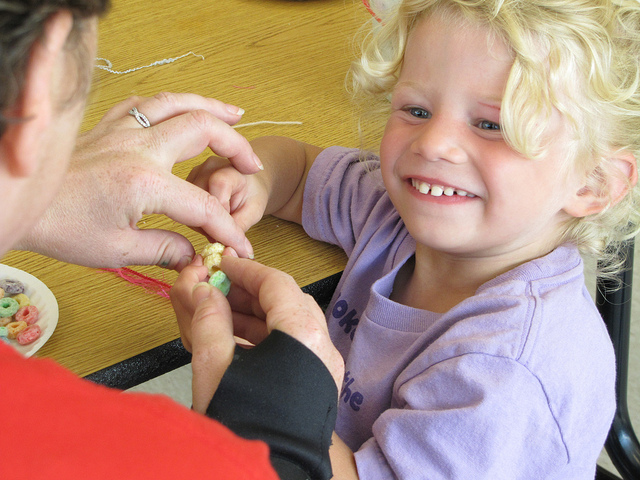 As an adoption professional I am always thrilled to see when an adoptive family relays that they are open to adopting a special needs child. These children are passed over time and time again by families who are only willing to adopt what they consider to be “healthy” children.
As an adoption professional I am always thrilled to see when an adoptive family relays that they are open to adopting a special needs child. These children are passed over time and time again by families who are only willing to adopt what they consider to be “healthy” children.
You can imagine my surprise when I read about a family recently in People magazine, residing in Utah who has adopted 16 severely special needs children! Bob and Sue Quaid have opened their hearts and homes not just once, but sixteen times to children suffering a variety of what are considered severe special needs. Some of these children are confined to a wheelchair and need help with the most basic daily tasks. Needless to say the level of commitment and love needed to accomplish this is immense. These sixteen children suffer from a variety of conditions from severe brain damage due to shaken baby syndrome to cerebral palsy. When asked why they chose to adopt special needs, Bob replied “but the truth is, we took this on because we could see that these kids needed a home. Nobody else was adopting them and they were down to their last chance before they’d have to be put in an institution and lie all day in a hospital bed.”
Adopting special needs children can seem daunting, but special needs can encompass many categories, including children over the age of five or six, sibling groups and then those children with a range of medical issues, some severe, some mild, some treatable and some not so treatable. Medical needs can encompass health issues as well as psychological trauma and behavioral issues. Special needs is a broad and encompassing category and specific to the country you have chosen to adopt from.
While we know every country generally has children placed on a special needs wait list, we also know that different parts of the world may have specific special needs common to that country. For instance, in Burkina Faso and Africa as a whole, as well as Haiti, there may be more children who test positive for HIV or for Sickle Cell. For Eastern European countries such as Ukraine and Bulgaria, there is a greater incidence of Fetal Alcohol Syndrome due to high rates of alcoholism in this region of the world. Where ever you choose to adopt from, it is important that the special needs that you are open to are fully researched and that you prepare yourself with as much education as possible, not only to the specific medical need you are open to, but also to become familiar with attachment issues your adopted child may experience.
If you are adopting domestically or internationally, consider asking about the waiting children and the type of special needs children available. While most would not consider adopting 16 children with special needs, you may be surprised that you might find yourself drawn to helping a waiting child. At the very least, take a look at the children categorized as special needs. Looking does not mean committing, but may open a door for you as well as a child waiting on this list for their own forever family.
During November, National Adoption Month, MLJ Adoptions is raising money for its Special Needs Adoption Fund. Money donated to this fund will be used to provide adoption grants to families adopting children with special needs which include medical needs, children older than five and sibling groups. Won’t you donate today to help provide one more child with a loving, permanent home?
Photo Credit: Clarkson SCAMP
